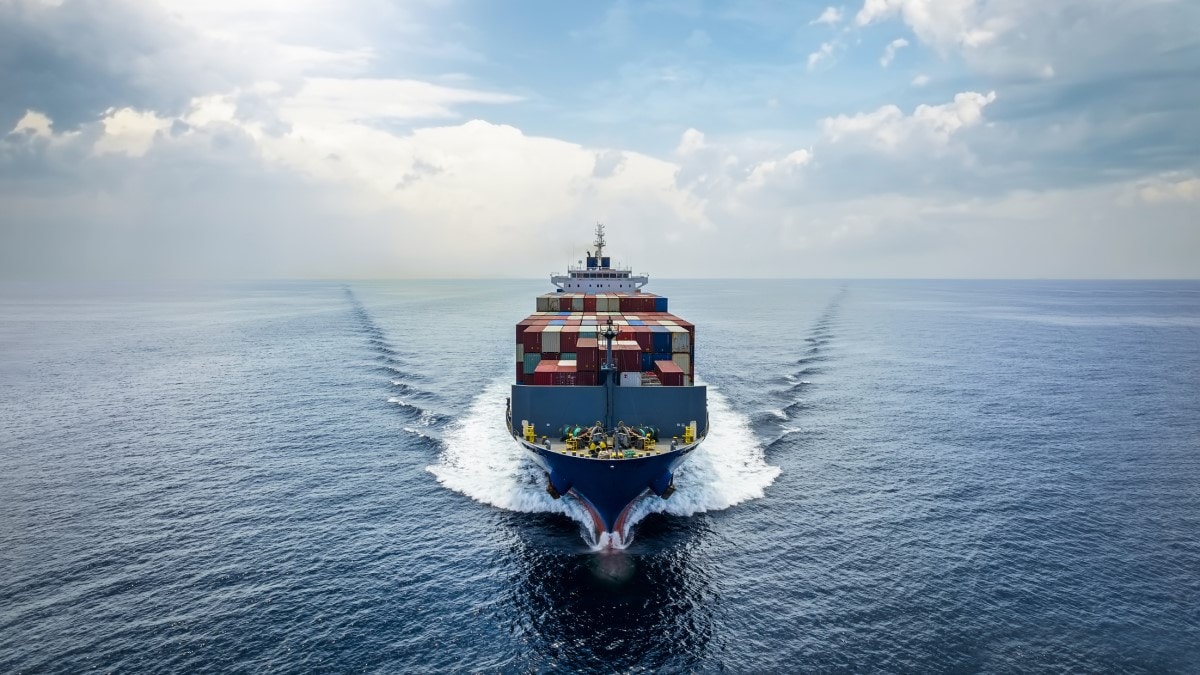
The auto industry isn’t clear on the impact of President Trump’s new tariffs, and already, there’s a new threat on the horizon. A White House plan to enact hefty fees at America’s ports could snarl supply chains and further raise the prices of new cars and car parts.
Many of the parts that go into America’s cars come via ship from suppliers all over the world. That process could get more expensive, slower, or both if the fees go into effect.
China Builds Most Ships
Many of the cargo ships that haul goods all over the world once came from America. Today, few do.
China now builds more ships than the rest of the world combined. A recent report from the Office of the U.S. Trade Representative found that China accounted for 5% of the world’s shipbuilding in 1999 but more than half by 2023.
CNBC explains, “The U.S. commercial shipbuilding sector has fallen to less than five ships a year from 70 in 1975, while China now builds 1,700 ships annually.”
The White House has a plan to change that. Much like the tariff plan, it involves sticks, not carrots.
Reuters explains, “At issue are proposed, stacking fees on China-built vessels that could top $3 million per U.S. port call. The Trump administration says the fees would curb China’s growing commercial and military dominance on the high seas and promote domestically built vessels. U.S. steelworker unions, U.S. steel producers, and Democratic lawmakers support the effort, saying it will boost domestic industry.”
Do You Want Your Parts Expensive or Slow?
If shipping companies have to pay up to $3 million per port visit, they’ll likely have to raise prices to compensate. Parts manufacturers may have to raise their own prices to pay the new fees.
But prices aren’t the only worry.
Ships often visit more than one U.S. port, unloading some cargo at each. Shipping news site GCaptain says shippers could “decide to reroute their vessels to major U.S. “load center” ports, at the expense of smaller secondary ones, to reduce exposure to new fees.”
That could both punish the small ports and back up traffic at the big ones, slowing supply chains nationwide.
Bethann Rooney, port director for the Port of New York and New Jersey, told the site the effect “would be far worse than we saw on the West Coast during the (COVID-19) pandemic.”
Due to supply chain snarls during the pandemic, the auto industry built about 8.1 million fewer cars than it otherwise would have. That thin supply will keep used car prices inflated for years to come.
Blow May Soften Before it Lands
Several industries have begun to push back on the proposal. Trade and Logistics International Magazine notes, “Maritime leaders note there is no immediate substitute for these foreign vessels. The U.S. Merchant Marine fleet is a fraction of its former size and focused largely on military and government-contracted transport. In commercial shipping, the U.S. lacks the shipbuilding capacity, operational scale, and investment incentives needed to replace foreign tonnage.”
Quoting “people familiar with the matter,” the Wall Street Journal reports that the administration “is revising its plan to impose steep port fees on Chinese-built vessels to lessen the impact on U.S. exports.”
Reuters backs up the report, saying, “Among the changes under consideration are delayed implementation and new fee structures designed to reduce the overall cost to visiting Chinese vessels.”

